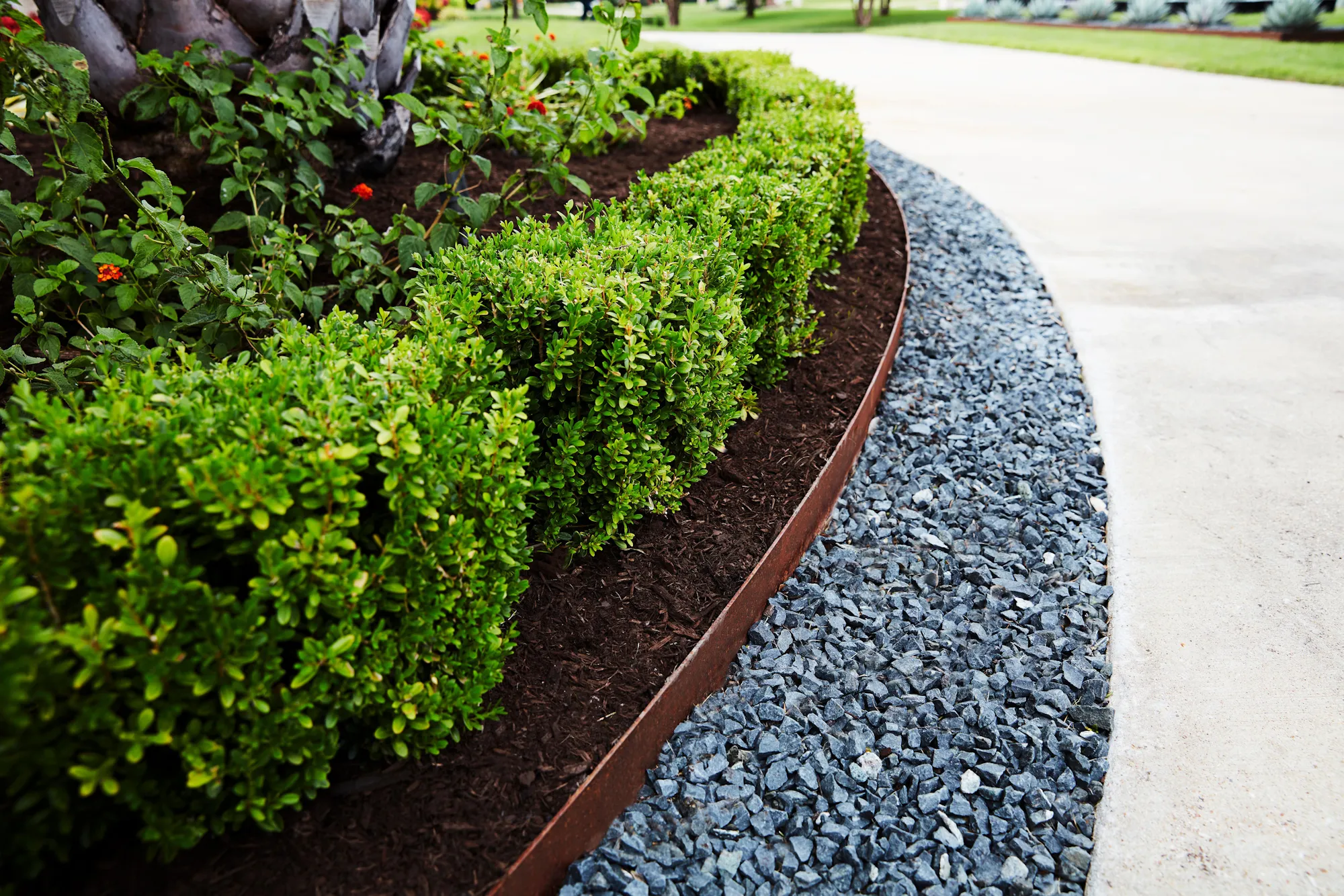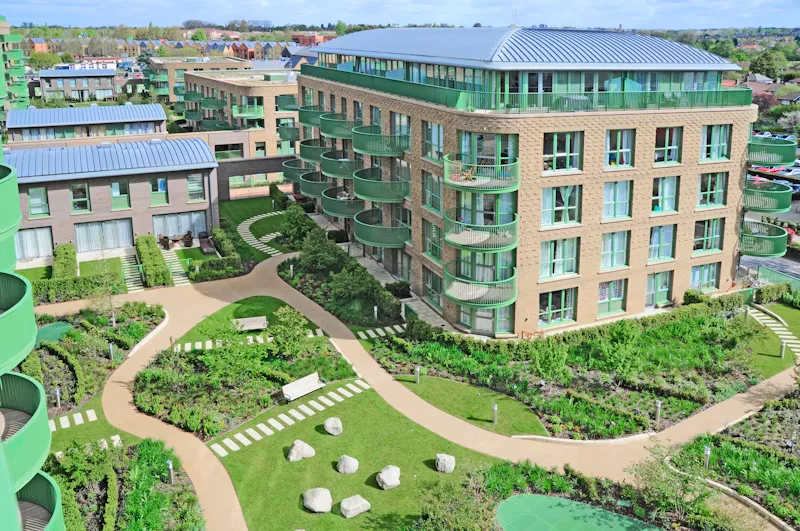
Ultimate Guide to Gravel Path Metal Edging: Benefits, Tips and More

Rain gardens vs SuDS: Comparing water management solutions

The Art of Minimalism: Using Steel Edging to Create Sleek Garden Designs

Landscape edging ideas to create stunning pathways and walkways

Introducing RainEdge: The Ultimate Solution for Raingardens and Drainage Systems

Driveway Edging Dos and Don'ts: Common Mistakes to Avoid

Rain Gardens: Their Biodiversity Net Gain Benefits

How To Choose The Perfect Landscape Edging For Your Garden Project
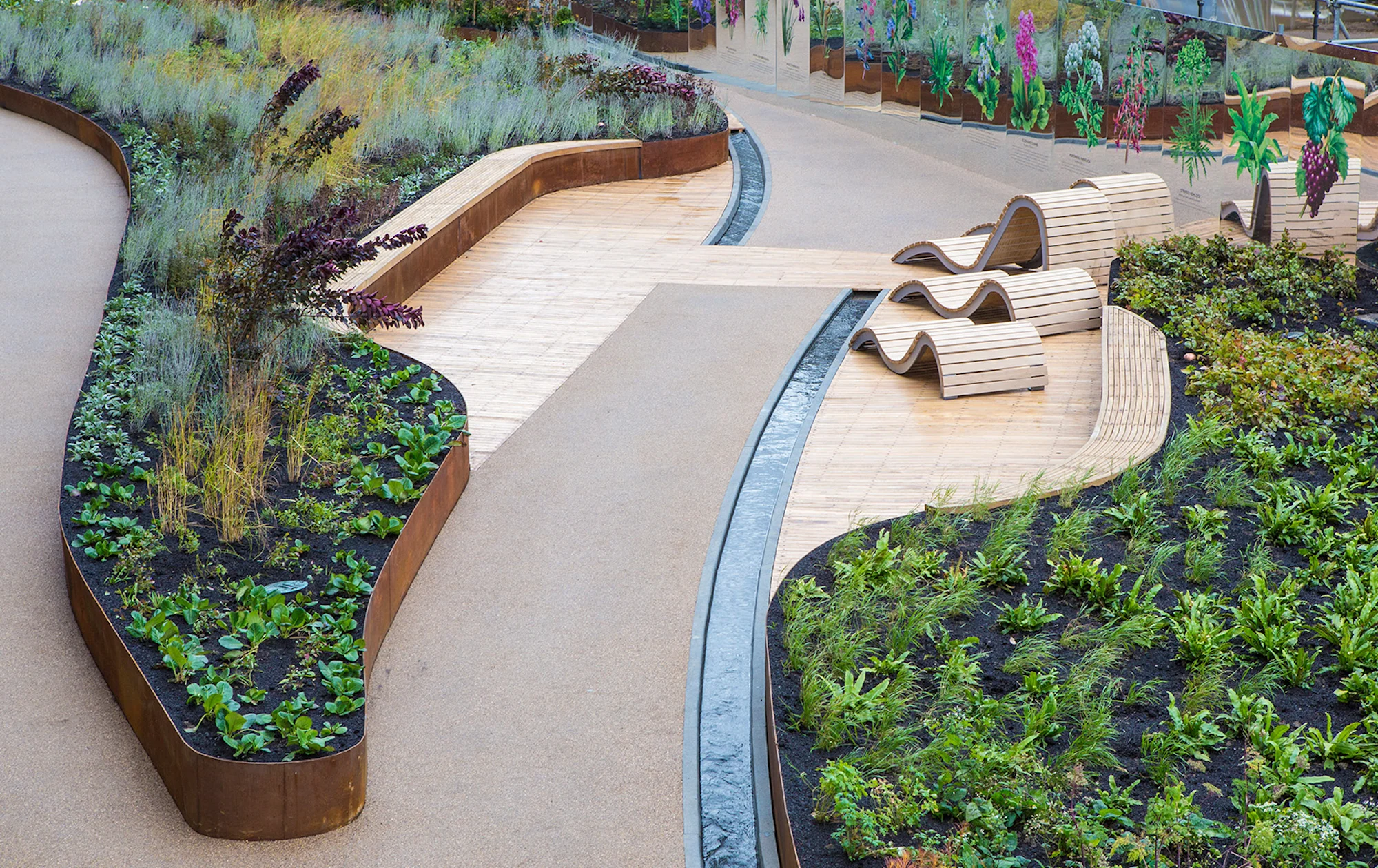
Best Practices for Installing Metal Landscape Edging in Challenging Environments
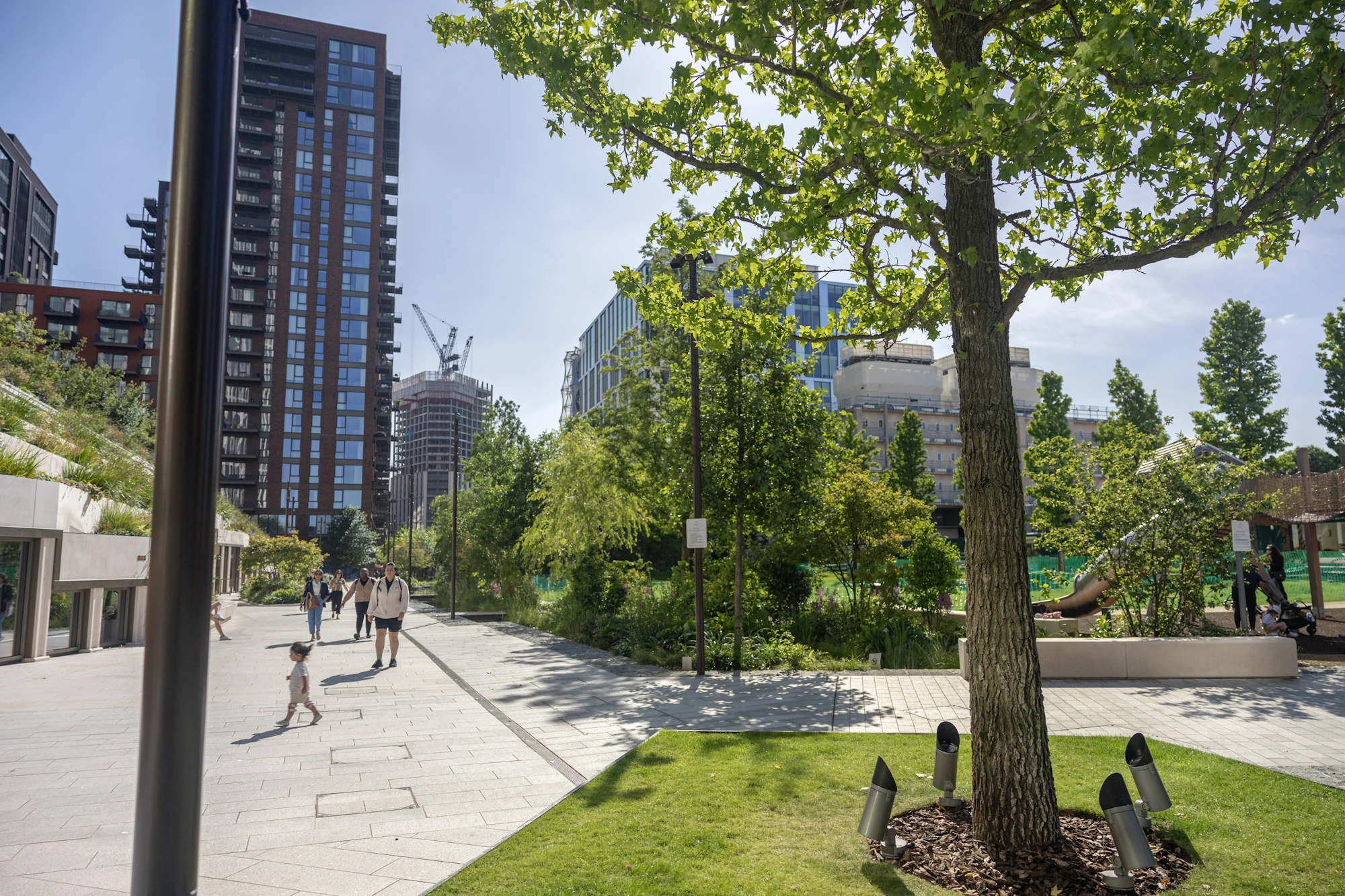
How Does Metal Garden Edging Compare to Stone, Wood & Concrete

An in-depth Comparison: Metal Lawn Edging vs Plastic, Wood & Stone

Metal Landscape Edging FAQs: The ultimate question and answer guide
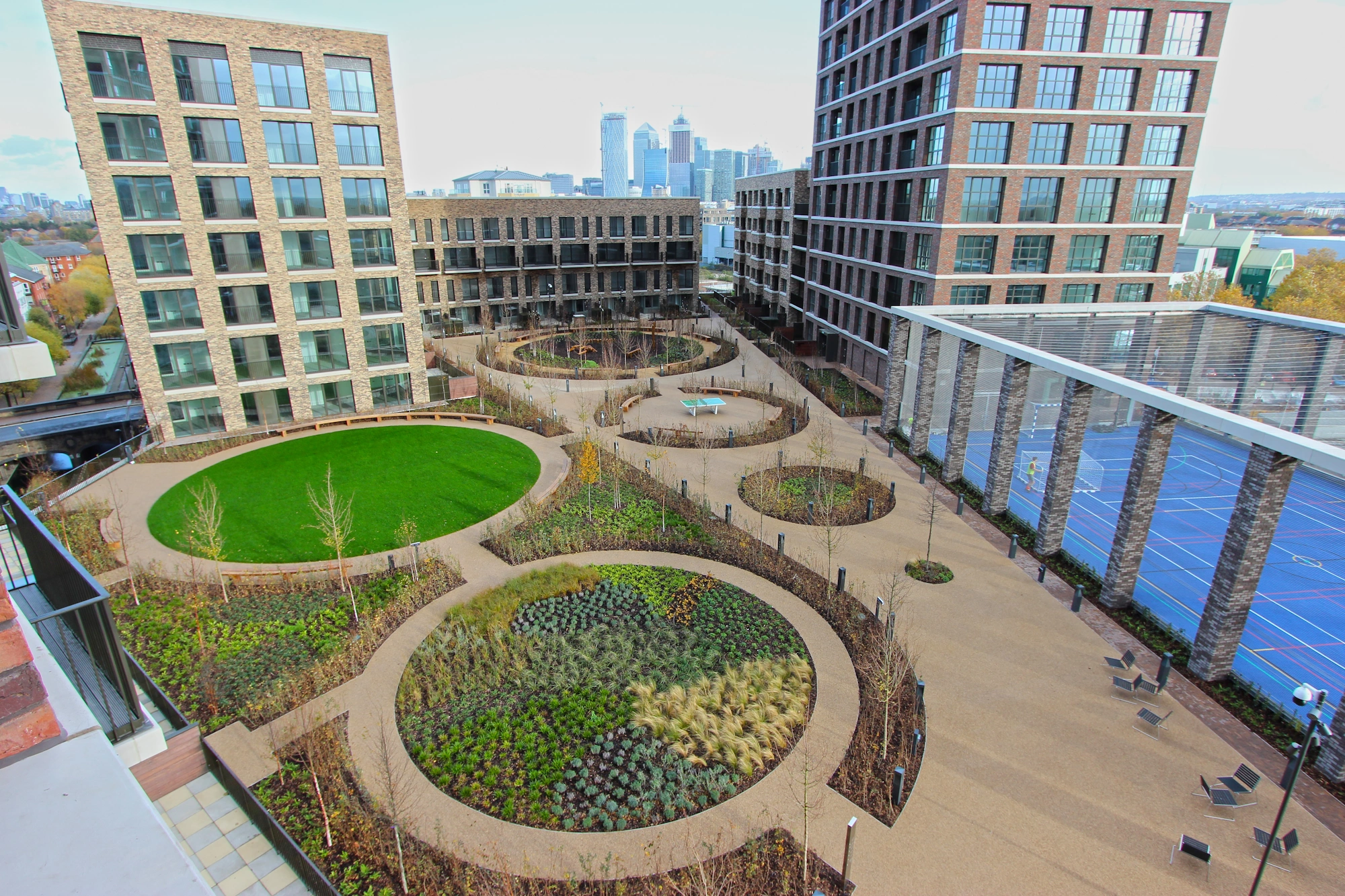
Landscape Edging for Water Management: Best Practices
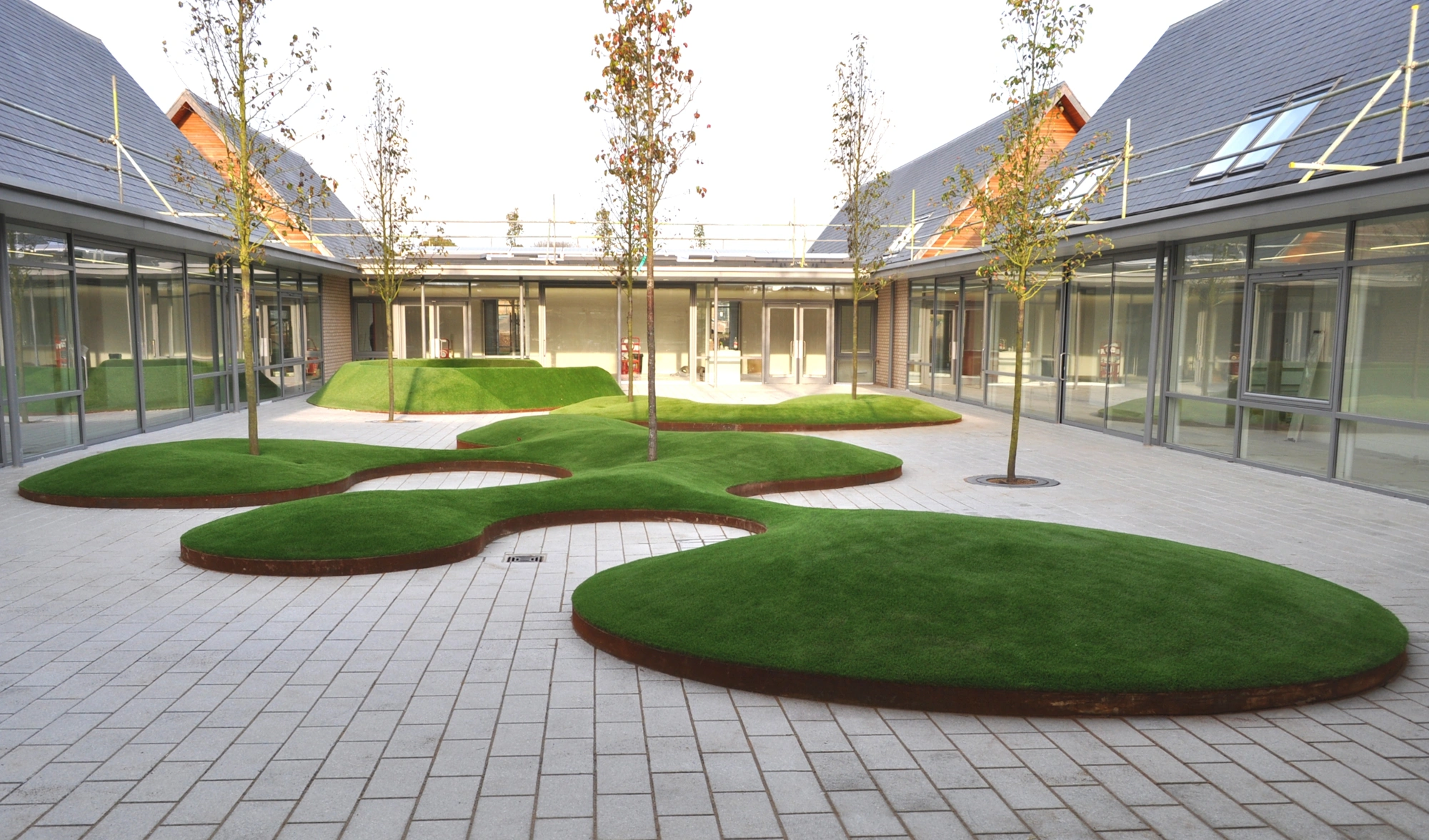
Corten Weathering Steel - The Facts

3 Common Landscape Edging Mistakes and How to Avoid Them

The art of minimalism: Using steel edging to create sleek garden designs
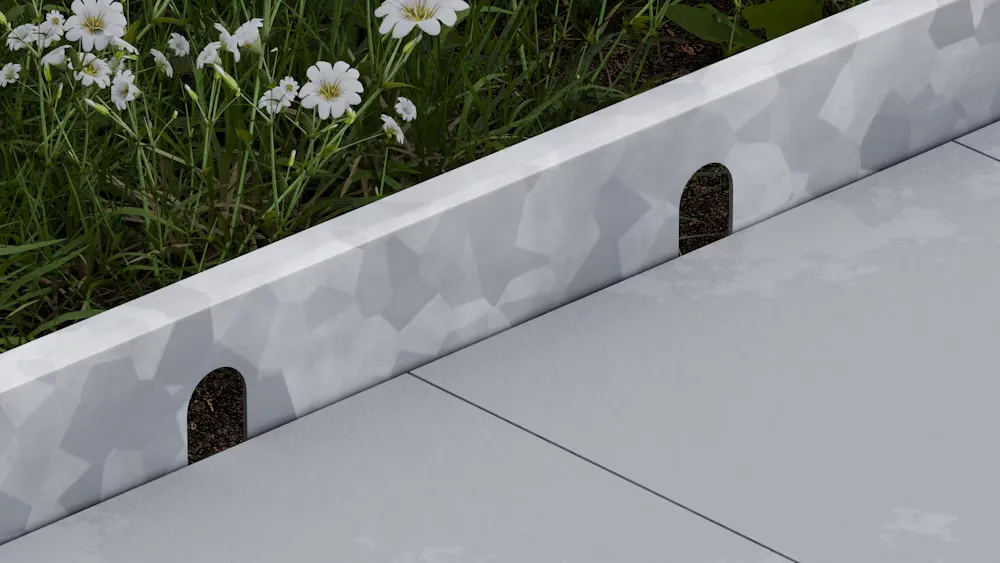
Introducing RainEdge: The Ultimate Solution for Raingardens and Drainage Systems
